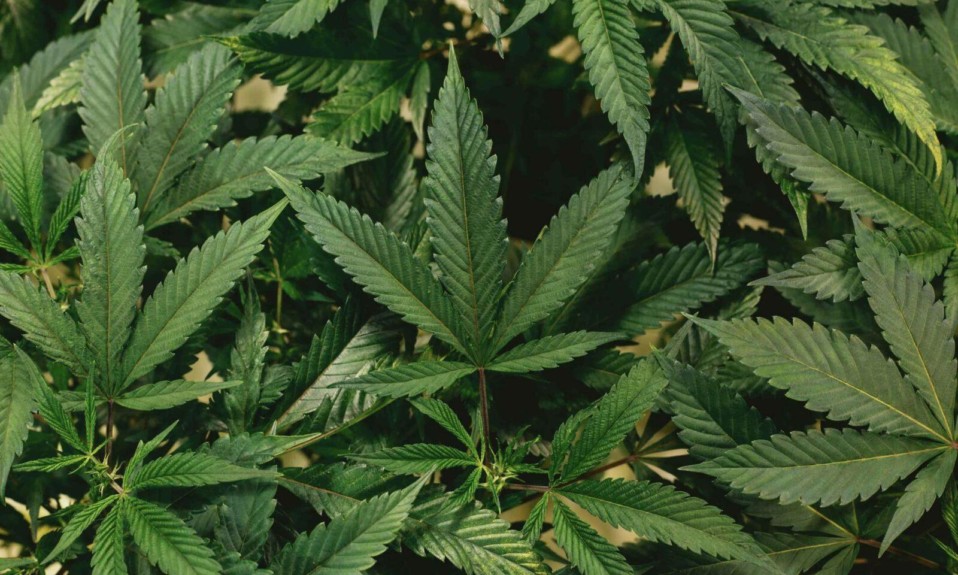The MORE Act is an important symbolic step in federal cannabis reform, but it still faces hurdles ahead
By Jason Langendorf
December 8, 2020Last Friday, the U.S. House of Representatives voted to decriminalize marijuana at a federal level, a landmark step toward what proponents believe is a more empathetic and equitable approach to regulating the drug.
But any celebration of victory for advocates is likely premature.
The Marijuana Opportunity Reinvestment and Expungement Act (MORE), the first-ever vote on marijuana decriminalization taken before a full chamber of Congress, passed 228-164 in a Dec. 4 session in the House.
If signed into law, the MORE Act would remove marijuana from the list of controlled substances under the Controlled Substances Act and eliminate criminal penalties for its individual manufacture, distribution or possession. It would also establish a trust to support communities adversely affected by the War on Drugs, impose a tax on cannabis products to fund that trust, improve ownership opportunities for people of color and veterans, and expunge prior and pending convictions related to cannabis offenses.
“I have long believed that the criminalization of marijuana has been a mistake, and the racially disparate enforcement of marijuana laws has only compounded this mistake.”—House Judiciary Chairman Jerry Nadler (D-N.Y.)
Two-thirds of Americans believe marijuana should be legalized, according to a 2019 Pew Research Center survey.
Increasing awareness and criticism of arrest and incarceration practices that have disproportionately affected racial minorities has helped fuel the growing public sentiment supporting marijuana decriminalization.
House Judiciary Chairman Jerry Nadler (D-N.Y.), who introduced the More Act, highlighted the social justice components of the bill after it passed the House Judiciary Committee last month. “I have long believed that the criminalization of marijuana has been a mistake, and the racially disparate enforcement of marijuana laws has only compounded this mistake,” Nadler said. “While states have led the way in reform, our federal laws have not kept pace with the obvious need for change.
“With the passage of the MORE Act today, the Judiciary Committee has taken long overdue steps to address the devastating injustices caused by the War on Drugs and to finally decriminalize marijuana at the federal level.”
What About the U.S. Senate?
Nevertheless, the MORE Act isn’t expected to be taken up by the Senate anytime soon.
Majority Leader Mitch McConnell (R-Ky.) has been generally dismissive of marijuana reform, which largely remains a partisan issue. House Minority Leader Kevin McCarthy (R-Calif.) set the tone ahead of last Friday’s vote, accusing Democrats of prioritizing the MORE Act over a proposed COVID-19 package. “They’re picking weed over the workers,” McCarthy told Fox News. “They’re picking marijuana over the much-needed money we need to go forward, the small businesses that are closing.”
As public support for cannabis reform continues to gain momentum, though, it’s likely that lawmakers will eventually bend to the will of their constituents—one way or another.
Fifteen states and the District of Columbia have already legalized recreational marijuana, and last month Oregon passed a measure to decriminalize all substances.
What Will Biden Do?
Andrew Bates, a spokesperson for the transition team of President-elect Joe Biden, told CNN that the incoming chief executive will not stand in the way of progress toward cannabis reform.
“He would allow states to continue to make their own choices regarding legalization,” Bates said, “and would seek to make it easier to conduct research on marijuana’s positive and negative health impacts by rescheduling it as a Schedule II drug.”
If that falls short of Nadler’s and other legislators’ goals, proponents of the MORE Act can at least look forward to the prospect of more state reform.
Given the widespread acceptance of medicinal cannabis, the loosening attitudes toward recreational use and the increasingly popular efforts being made to rectify the past wrongs of marijuana criminalization, it’s a safe bet that more is on the way.
Stats & Facts: Marijuana Legalization and Criminalization in the United States
- 228-164 — House of Representatives vote in favor of passing the MORE Act to decriminalize marijuana at the federal level on Dec. 4, 2020
- 67% — Percentage of Americans who believe marijuana should be legalized
- 35 states + D.C. — allow the medical use of marijuana
- 15 states + D.C. — have legalized recreational marijuana
- 663,367 people — number of people arrested for a marijuana law violation in 2018
- 27% — Percentage of people arrested in 2017 for drug law violations who are Black, despite making up just 13.4% of the U.S. population
Sources: Drug Policy Alliance, as of Nov. 2020 and 2019 Pew Research Center
Photo: Jeff W.













